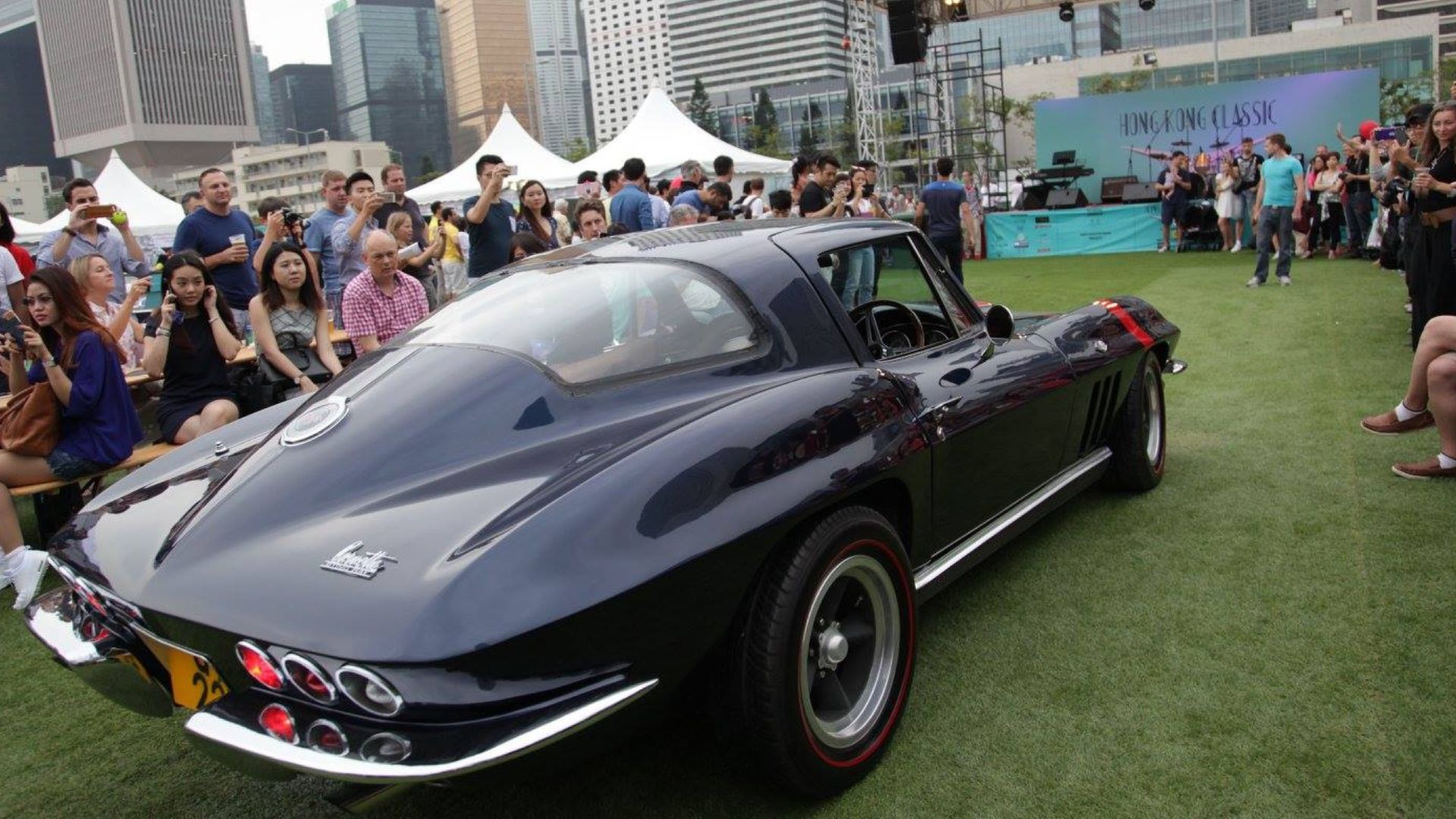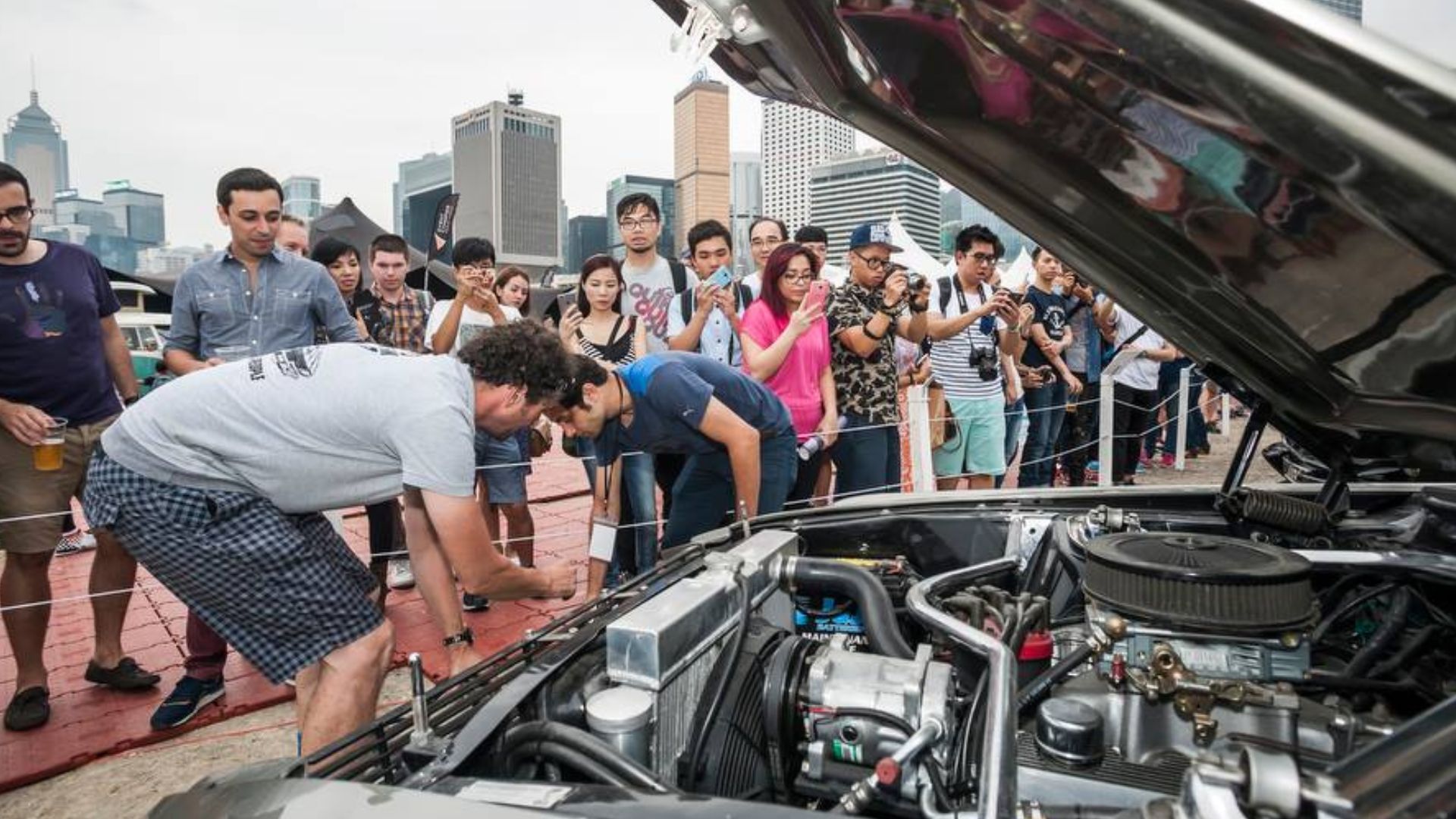But not everyone is happy about this…
The campaign against classic car ownership has extended far beyond the borders of the United States and Canada. While we’ve covered some of the ridiculous regulations in the UK and mainland Europe, we haven’t touched much on what’s happening in the Pacific Rim. To give you a taste of how other authoritarian governments have surprisingly pulled short of really smacking down classic car owners, we bring you the latest regulatory development from Hong Kong of all places.
Check out the Motorious Podcast on YouTube, Spotify, Apple Podcasts, and other podcast platforms.

Since the island was under British rule for a long time, then transferred to China but was supposed to remain autonomous, Hong Kong is an odd place when it comes to laws and regulations. Like in mainland China, the government there has been slowly squeezing out personal rights because that’s what communism does best. That included making owning a classic car, defined as any vehicle 20 years old on up, financially preventative if not impossible.
To the surprise of many, Hong Kong authorities recently reversed that decision. Now, if a citizen has a car 30 years or older it can be exempt from emissions testing at first registration if the owner provides test reports. The policy is supposed to go into effect immediately.

One of the largest used car dealers in Hong Kong was interviewed by local journalists and about the decision and he offered some insight into why it might have played out in favor of classic car owners. Apparently, a lot of enthusiasts were weighing moving with their rides to a different country which would be more friendly to their hobby of choice. That could have been a real blow to the Hong Kong economy, which undoubtedly has already suffered due to government crackdowns.
However, this dealer said a lot of younger enthusiasts are still angry. They typically own Japanese performance cars which are 20-30 years old, so they don’t get the exemption. Since the new rules focus on vehicle noise as well as emissions, their modifications might be considered illegal. In other words, this reversal is only a partial win, but it’s better than what was originally proposed.
Source: South China Morning Post
Photos via Hong Kong Classic






